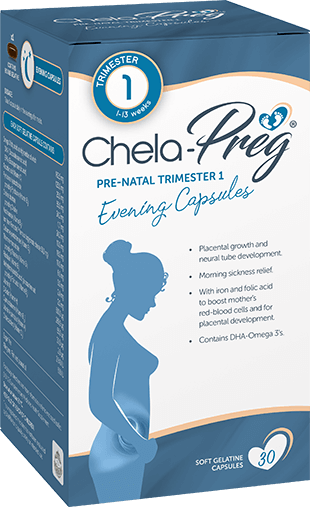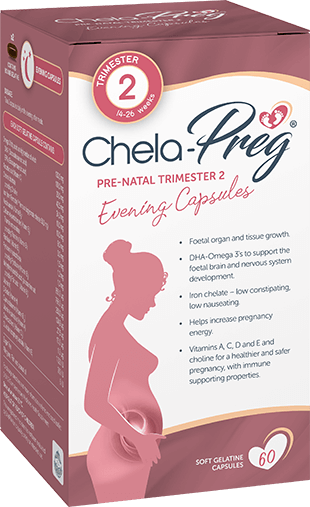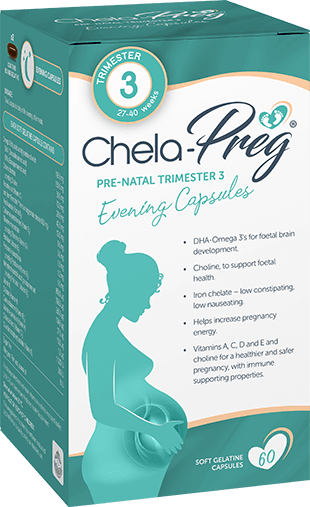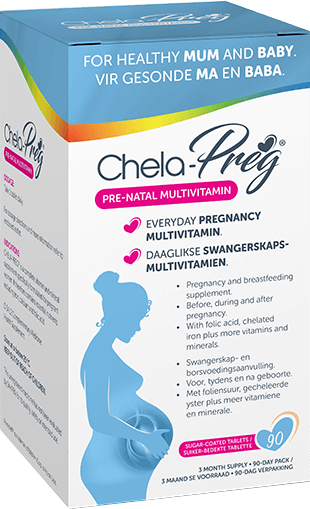WHY TAKE PRE-NATAL SUPPLEMENTS
The Importance of Prenatal Supplements for Expectant Mothers
The journey of pregnancy is a remarkable period marked by the growth and development of a new life. One crucial aspect of ensuring a healthy pregnancy is the intake of prenatal supplements. In this article, we’ll delve into the significance of prenatal supplements, the vital nutrients they provide, and how they contribute to the well-being of both mother and baby.
Meeting Increased Nutritional Demands: Pregnancy places additional nutritional demands on the body, as the developing foetus requires essential vitamins and minerals for optimal growth. Prenatal supplements act as a vital source to bridge the nutritional gaps that may arise due to dietary limitations or individual needs.
Folic Acid: A Foundation for Neural Tube Development: One of the key components of prenatal supplements is folic acid, a B-vitamin crucial for the development of the baby’s neural tube. Adequate folic acid intake, especially in the early stages of pregnancy, significantly reduces the risk of neural tube defects, emphasising the importance of supplementation.
Iron for Haemoglobin Production: Iron is another essential nutrient during pregnancy as it supports the increased production of haemoglobin to meet the growing blood volume. Prenatal supplements help prevent iron deficiency anaemia, a common concern for expectant mothers, ensuring proper oxygen transport to the developing foetus.
Calcium for span Bones and Teeth: Calcium is crucial for the development of the baby’s bones and teeth. Prenatal supplements provide an additional source of this mineral, supplementing dietary intake to support both the baby’s skeletal growth and the maintenance of the mother’s bone density.
Vitamin D for Bone Health and Immunity: Vitamin D plays a crucial role in calcium absorption and immune system function. Prenatal supplements often include vitamin D to support the baby’s bone development and enhance the mother’s overall immune response.
Omega-3 Fatty Acids for Brain and Vision Development: Omega-3 fatty acids, particularly DHA (docosahexaenoic acid), contribute to the development of the baby’s brain and eyes. Prenatal supplements with added omega-3s help ensure that both the mother and the developing baby receive an adequate supply of these essential fatty acids.
Prevention of Birth Defects: Prenatal supplements play a vital role in reducing the risk of various birth defects. The combination of key nutrients, such as folic acid, iron, and others found in prenatal supplements, supports the baby’s overall development and reduces the likelihood of congenital abnormalities.
Support for Maternal Well-being: In addition to the benefits for the developing baby, prenatal supplements contribute to the overall well-being of expectant mothers. Adequate nutrient intake can help prevent maternal deficiencies, reduce fatigue, and support the mother’s energy levels throughout pregnancy.
Prenatal supplements serve as a cornerstone in ensuring a healthy and thriving pregnancy. By providing essential nutrients that may be challenging to obtain through diet alone, these supplements play a crucial role in preventing birth defects, supporting foetal development, and maintaining maternal well-being. As with any aspect of pregnancy, it is important for expectant mothers to consult with healthcare providers to determine their specific nutritional needs and ensure a personalised approach to prenatal supplementation. Investing in the right nutrients today lays the foundation for a healthier and brighter tomorrow for both mother and child.





